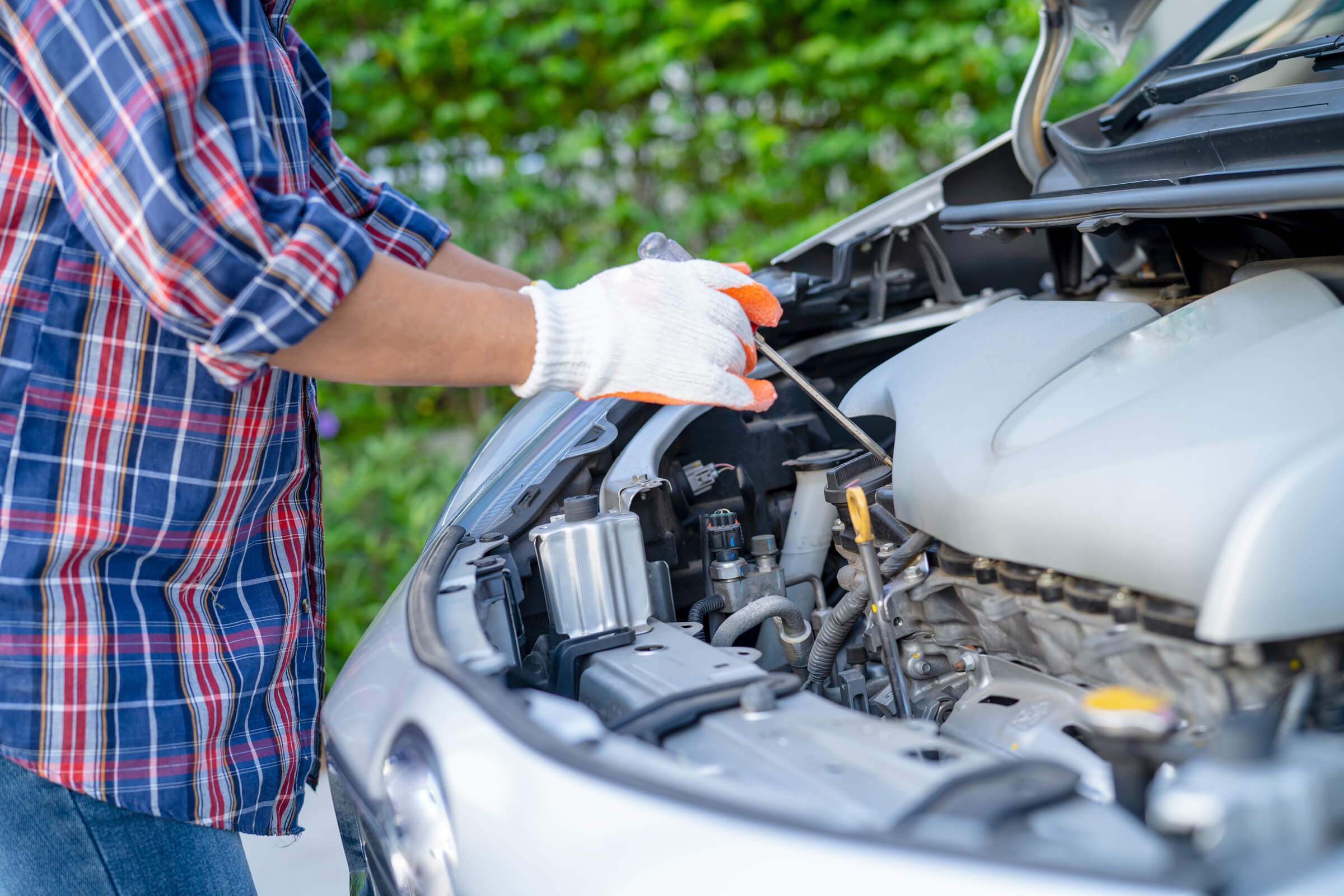
How to Spot Small Car Problems Before They Become Big Repairs

by Maddi Butler
Cars are complex machines, and the last thing you want is to be caught off guard by a major repair bill. The good news is, many small problems can be spotted early — often with just a little attention and a bit of preventive maintenance. The sooner you catch a potential issue, the less likely it is to turn into a costly and time-consuming repair. Here’s how to spot small car problems before they escalate.
Pay Attention to Changes in Performance
If your car suddenly feels sluggish, pulls to one side, or if the engine feels rough, don’t ignore it. These performance changes can indicate issues with components like the fuel system, the exhaust system, or the transmission. Even minor changes can be a sign that something is starting to wear out or needs attention. If you notice these changes, take note and get them checked before they progress.
Listen for Unusual Sounds
Cars tend to make noise — but that doesn’t mean all noises are normal. A squeal, grind, or hum can be indicative of something that needs attention. A high-pitched squeal when braking could mean your brake pads are wearing thin. A grinding sound may indicate issues with your transmission or other moving parts. A humming noise while driving could be linked to wheel bearings or alignment. If you hear anything out of the ordinary, it's important to address it before it leads to a bigger, more expensive issue.
Feel for Odd Vibrations
Your car should generally feel smooth and stable on the road. If you notice a vibration in the steering wheel, seat, or pedals, it could be a sign that something is out of balance or wearing out. Vibrations often point to issues like misaligned wheels, worn tires, or suspension problems. While these problems may seem minor at first, ignoring them can lead to more serious damage or affect the car’s handling, increasing repair costs.
Check for Leaks
Leaks aren’t always obvious, but they can be an early sign of trouble. Regularly check the ground where you park your car for any signs of oil, coolant, or transmission fluid. If you notice a spot of liquid, it’s a good idea to inspect the area more closely. Oil leaks can lead to engine damage, while coolant leaks can cause your engine to overheat. Even a small leak can lead to bigger issues if left unchecked.
Monitor Your Tires and Wheels
Your tires are one of the most important parts of your car. A slow leak or low tire pressure can be easy to overlook, but it can also lead to poor fuel efficiency, uneven tire wear, and eventually a blowout. Check your tire pressure regularly and visually inspect your tires for any signs of damage, such as bulges, cracks, or worn-out tread. Keeping an eye on your tires is an easy and affordable way to avoid potentially bigger issues down the road.
Look for Warning Lights on Your Dashboard
Your car’s dashboard lights are there for a reason — to let you know when something’s wrong. While some lights, like the check engine light, might seem trivial, they can actually signal serious problems. The key is to pay attention to the lights and respond quickly. A flashing light or a light that stays on for more than a day can indicate something that needs immediate attention. Even if the issue seems small, it’s better to address it before it turns into a major repair.
Regularly Inspect Fluids
Fluids are the lifeblood of your car. Oil, transmission fluid, brake fluid, power steering fluid, and coolant all need to be checked regularly. If you’re running low on any of these fluids, it could be a sign that something’s wrong. Low oil levels could indicate an oil leak or worn-out engine parts. Low coolant could point to a radiator problem. Keeping your fluids topped off and replacing them when necessary will help you avoid issues down the line.
Get Routine Inspections
One of the best ways to stay on top of small problems is to schedule regular inspections with a trusted mechanic. Even if your car seems to be running just fine, an experienced mechanic can spot potential issues before they turn into costly repairs. Annual or semi-annual inspections can help you stay ahead of any developing problems and keep your car running smoothly for longer.
The Bottom Line
Spotting small car problems early doesn’t require a mechanical background — it’s all about paying attention to your car and addressing issues when they arise. Regular maintenance, routine checks, and quick action on warning signs can help you catch minor issues before they snowball into big repairs. By staying on top of these small problems, you can keep your car running well and avoid the stress of unexpected repair bills.
And while you’re checking over your car, this is a great time to review your auto insurance coverage. A quick quote comparison might reveal ways to save on premiums, especially if you've recently upgraded your car’s condition or have been accident-free. After all, keeping your car in great shape isn’t just about avoiding repairs — it’s about protecting your investment and your wallet.